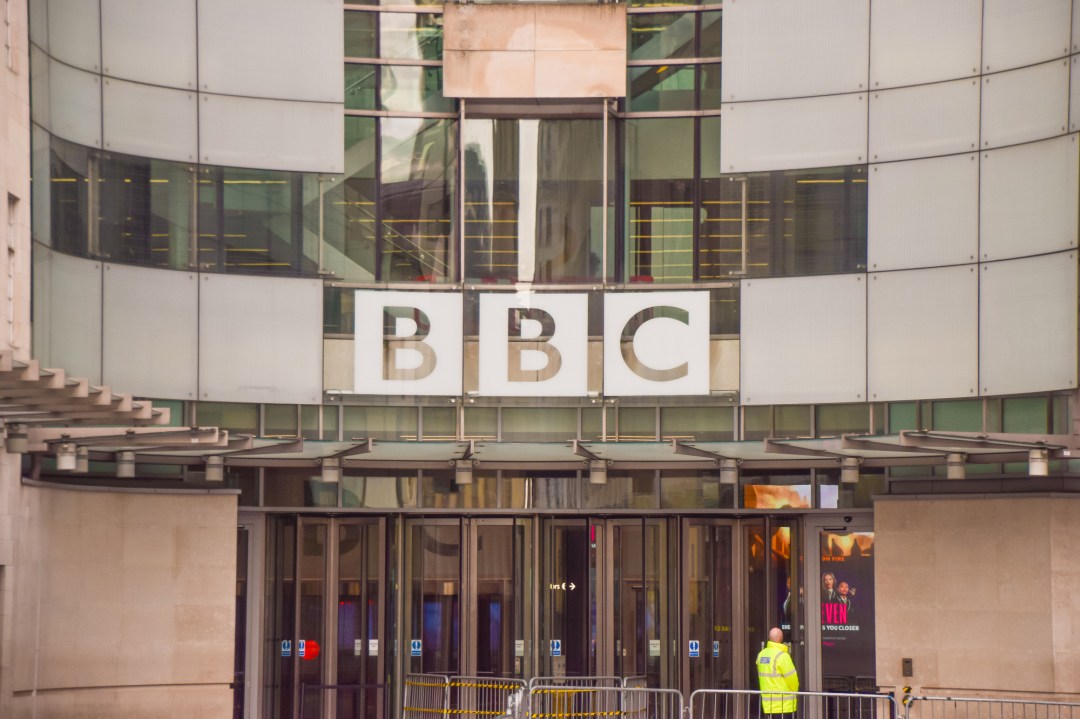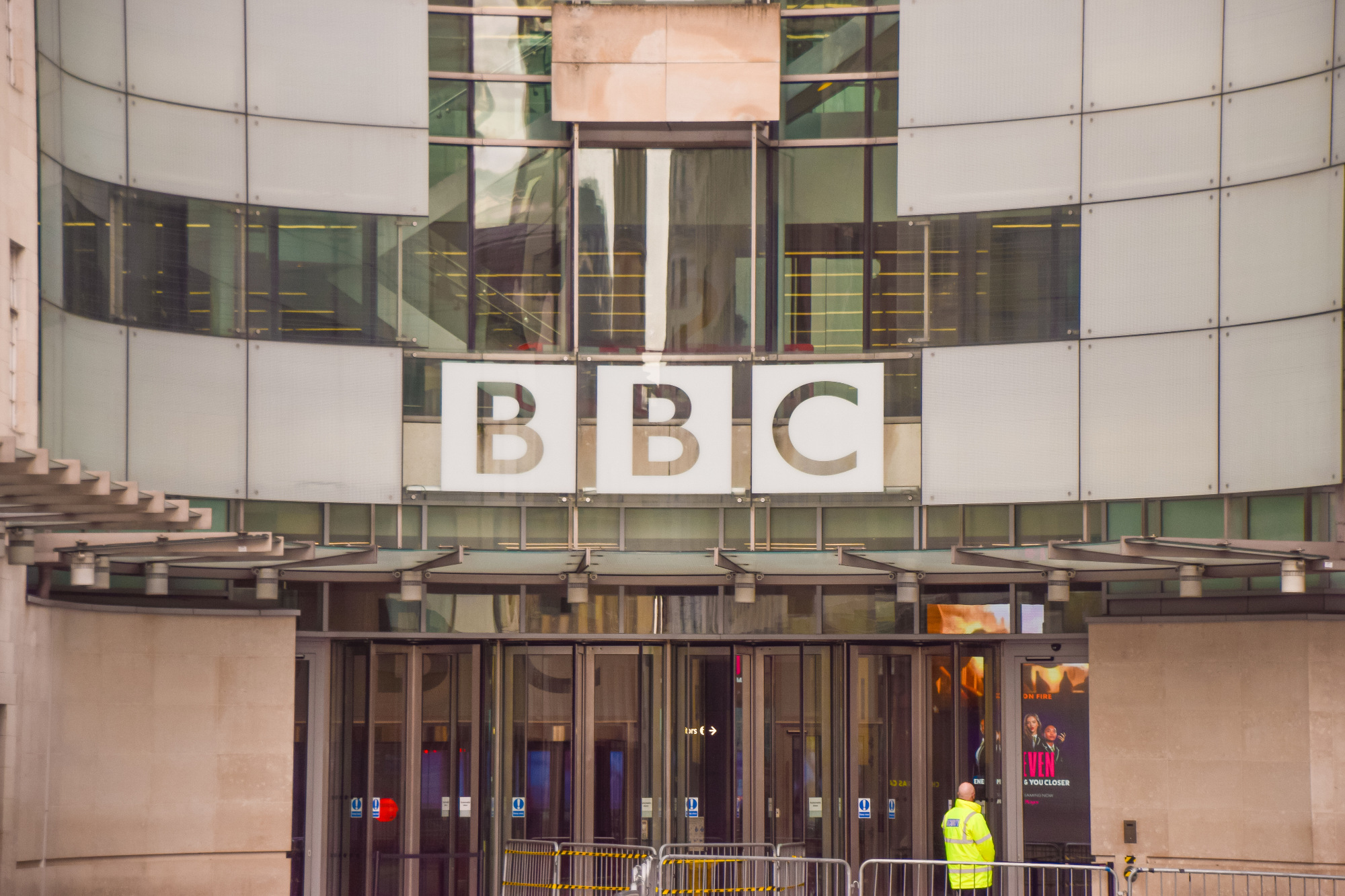The BBC’s Director General Tim Davie made a speech this week which suggests he’s leaning toward a radical fix for the Corporation’s financial woes. The question is whether even this government will buy an idea that, to put it politely, seems unlikely to be popular.
Davie’s problem is that the writing is on the wall for the licence fee. Last year the Corporation’s annual report noted that half a million households had stopped paying in the previous 12 months. All of which makes for grim reading for an organisation which has seen its real-term income fall by over 30 per cent in the last decade. Finding a replacement to the licence fee is now a matter of urgency which must be settled by 2027 when the current BBC charter runs out.
Davie’s problem is that the writing is on the wall for the licence fee
That is the background to the speech which Davie made in Salford setting out the challenge the Corporation faces. And while Davie did not state his preference for how to replace the licence fee, a close reading of his speech gives strong clues about the way the BBC’s top brass is thinking. Davie began his speech – as any DG would – by outlining the case for the BBC in general terms. There was, he said ‘a crisis of trust’ in the UK today and that the BBC was willing and able to play its part remedying this state of affairs. It would do so, he claimed, by expanding its fact-checking operation BBC Verify, teaching children about disinformation, and doing more to scrutinise local politicians.
The fact that many of the BBC’s problems stem from a feeling among growing numbers of our fellow countrymen that the BBC itself is part of the ‘disinformation’ problem was not addressed by Davie but he did say that he intended to double-down on restoring objectivity and impartiality to news output. Pardon me for pointing out that we’ve heard that one before – and to date the BBC is still running on the same-old ideological tramlines.
Then Davie turned to how to pay for the BBC at a time when the customers are fleeing the other way. He said he wasn’t asking for the status quo on the licence fee but then went on to say it was essential that any future funding scheme guarantees the ‘universality’ of the BBC. He went on: ‘The thing is, do we want a universal fee? The current licence fee works and I think is a very good system, but we are saying that based on changing audience behaviour and these huge changes in the world, the system should be reformed and should be modernised. But what we do want is a way in which everyone pays for the BBC fairly, and that is absolutely what we’re hunting for.’
But he then ruled out paying for the Corporation by advertising or by subscription; which, when you think about it, doesn’t leave much except perhaps paying for the BBC out of taxation.
Which brings us to the Rundfunkbeitrag – literally ‘broadcasting licence fee’. The way Germany pays for public service broadcasting is by levying a tax on every household and every business – justifying this by arguing that a national public service broadcaster is in everyone’s interest.
It’s easy to see why this would be very much favoured by the BBC; it would guarantee income in the same way the current system does but set it on an even firmer footing. Will the government buy it? Obviously imposing a new tax to pay for an organisation many people don’t use and others actively dislike wouldn’t be popular. On the other hand it would ensure the survival of an organisation that in most fundamental ways is ideologically aligned with the liberal-left. Furthermore, I don’t think any government, of whatever stripe (save perhaps Reform) would willingly dismantle the BBC because even Tory governments have found it too useful.
A problem for the BBC is that a Rundfunkbeitrag would make the Corporation look even more like a ‘state broadcaster’ than it already is. BBC types bridle at this, claiming the Corporation is proudly free-standing and ‘independent’. That claim rests partly on the licence fee which frees the BBC from direct government control through financing. But in many other ways the BBC is obviously a ‘state broadcaster’.
Consider what happened when Covid struck; the BBC became a handmaiden of government and over the course of that dismal and damaging episode made sure that no voices of dissent about lockdown were ever broadcast. Or take climate change; 20-odd years ago the BBC decided it was all-in on the catastrophist interpretation of rising global temperatures and has made sure no counter-narratives are entertained. Time and time again, the BBC has taken the official line – which is what all state broadcasters actually do.
There’s a caveat of course; the BBC only reinforces those ideas with which it wholeheartedly agrees; any government which wants to do something the BBC doesn’t like – Brexit comes immediately to mind – will find the propaganda machine turned against it. And therein lies the whole weakness of the BBC’s position. The truth is that if the BBC had for the last two or three decades been doing the job it always claims to be doing – providing an impartial news service – things would be different. Imagine if all political parties, all shades of opinion, felt they were getting a fair hearing at the BBC; in that case would we be having this debate at all? No because we’d all think the BBC was doing a great job and the licence fee was just fine and dandy. The reality, as we know, is very different.








Comments